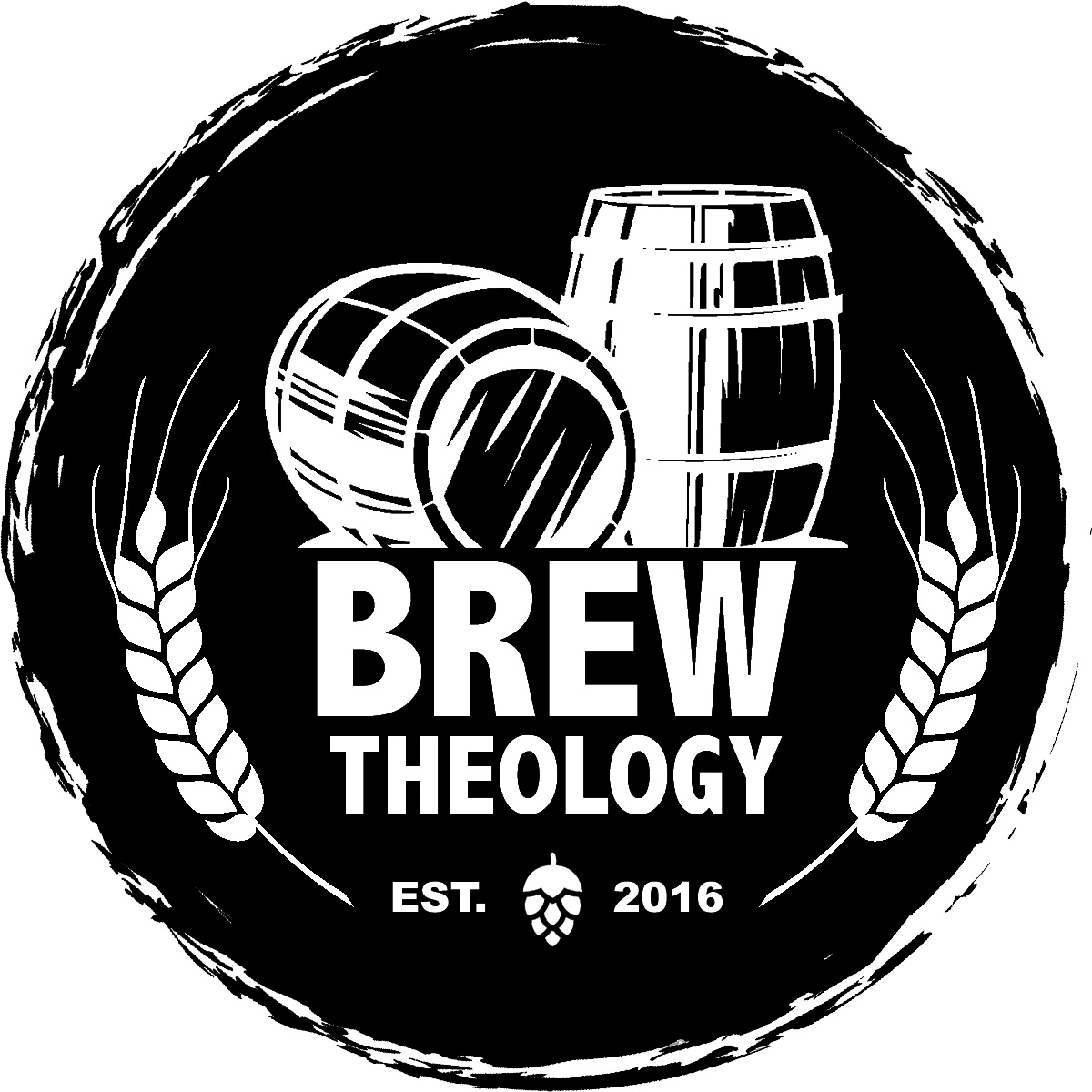Brew Theology Is Like A Flight
How many of you like beer?
Not Bud Lite or Miller Lite… Damn my last name. Why couldn’t I (Ryan) have the last name Stone or Avery?
And even though I’m a Miller, I am a bit spoiled. I live in the craft beer capital of the US of A with 5 breweries in walking distance to my house alone. Don’t hate me. Come visit. For those of you who have sophisticated hop palates and go on quests to find some sweet, maltilicious craft beverages, you are probably like me and when you visit a new brewery - you grab a flight. You start off with a solid lager, or possibly an amber or Wit beer. Then, you move on to a porter, followed by a stout. Next, you get cranking to the hops and each flight must boast a West Coast IPA. Although, I’ve recently become a fan of the east coast transplants with the big juicy, hazy, unfiltered hop bomb. (Who’s thirsty?) As you keep sipping the brews, if a brewery has learned the craft of the world of sours, this consumption is a must! Lastly, you end with the High ABV whiskey barrel aged ale for dessert. Those bad boys deserve an AMEN! So, you clearly and unashamedly take a bomber or crowler home with you.
We all have preferences, but a beer nerd still drinks the gauntlet because it IS the right thing to do; plus, a solid porter may really surprise you (even if it’s not a drink that typically gets you stoked on a highway to beer heaven). I’m more of a hophead, but I also don’t mess around with quality sours and pretty much anything whiskey barrel aged with an ABV of 10% and up. Still, while I’m not getting crazy over the next Belgian Wit or Bohemian Amber Ale, I absolutely respect them. And you may not like west coast IPA’s (cough – Janel – cough), but if you are into beer, you still sip the dank of the gods and give a respectful shout out to the craft. Why? Because we all know that a brewer, who put in his sweat, and sometimes blood and tears, handcrafts each beautiful batch of beer; not to mention the obvious – everyone… every single one of us has a distinctive palate.
Palates are like people. We’re all over the place. I’ve become quite the fan of this hopped up pluralistic, diverse world to be quite honest!
Every single week our Brew Theology community in Denver meets at a local brewery to brew theology. That’s why we exist. We create healthy, meaningful and eclectic dialogue in pub communities. It works. And as someone who has been doing ministry since 1998 in a variety of contexts, I will say that what we’re doing now is the most freeing and complexly rich ministry I’ve ever tapped in nearly 20 years.
Why?
Because like a flight of beer, I get to sit with people who are Buddhist, Hindu, Jew, Atheist, Agnostic, Agnostic-Christian, Spiritual, Open and relational-Process theology oriented, Evangelical, Post Evangelical, Calvinist, Catholic, Eastern Orthodox, Ex-Mormon, Ex-Jehovah’s Witness, Vegan, Anarchist, Capitalist, and so on… some of our people attend conventional worship gatherings at a local church, and others haven’t been to a church in decades.
The pub has now become the sanctuary of all-encompassing beauty with genuinely WIDE open doors.
The beer mug is the chalice.
And the conversations are the sermon.
I know that I’m an IPA guy, but I’m always going to be sitting next to a Porter or a summer lager. Hell, there may be some people who still put a lime in their beer. And if it’s 90-100 degrees, I kind of don’t blame them, especially if they live in the South!
All voices are affirmed in these gatherings. Of course, we do have guidelines that remind everyone, “Don’t be a jerk, an a**, or a d*<$!” You pick the best adjective that fits your people.
At the end of the day,
People.
Do.
Matter.
I get to sit across the table with friends that have different beliefs, traditions and ways of living. We aim not to attack or even debate; rather, we aim to understand the vast flight of people with palates ranging from stouts to sours, hopped up on conservatism or left as malty Marxism.
To end with a profound word from Thich Nhat Hanh that fully speaks to what we are seeing in our Brew Theology communities is as follows: “We have different roots, traditions and ways of seeing, but we share the common qualities of love, understanding and acceptance. … The most precious gift we can offer others is our presence. When we are mindful, touching deeply the present moment, we can see and listen deeply.”
It’s time, my friends, to listen deeply. And this is what happens when you go a brewery and you order a flight. You are fully present in that flight. If the brewer is standing behind the counter, you aren’t going to say, “EWWW. Disgusting!” No. Even if you aren’t a fan of their brown ale, you are still going to be respectful and hopefully ask good, sincere questions about the beer that is in front of you. And listen. There’s a story behind the beer. You’re going to choose to be PRESENT! You may offer feedback if asked, and the same is true in our brew theology gatherings. You can still have an opinion. You can still be passionate. You may get your feelings hurt, but not intentionally. These communities are about genuine sincerity around the pub tables.
Brew Theology isn’t just a “safe” place where we can listen deeply, though. It IS a courageously brave space where the “other” across the table is valued and we are truly present. #HopHeadsUnite. And this is something worth prosting over, my brewin’ badass friends.
Cheers.




